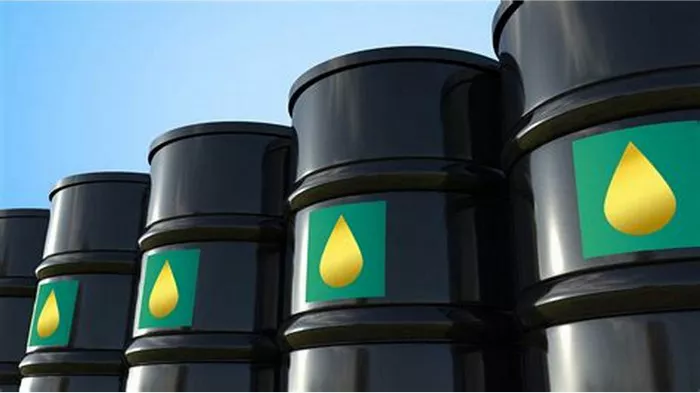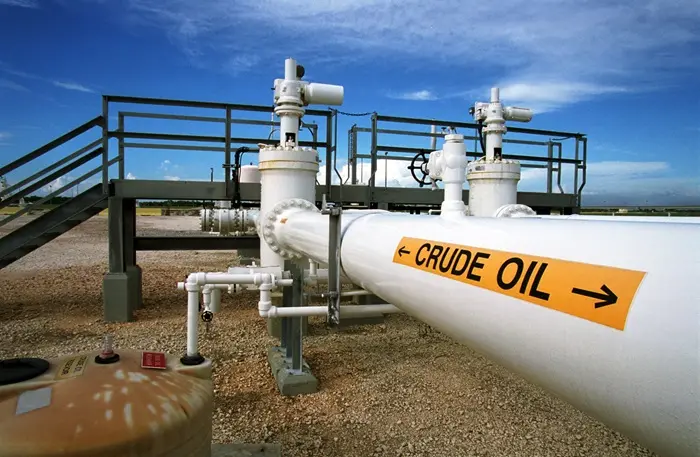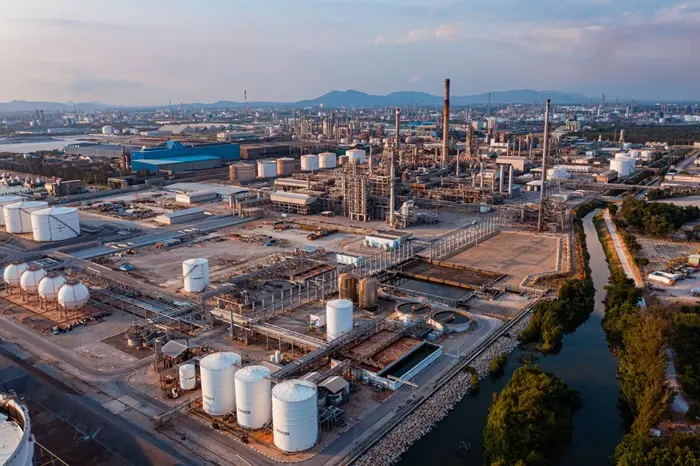Heavy crude oil, often referred to as heavy oil, poses significant challenges in the petroleum industry. Despite its abundance, it is not suitable for high-quality fuel applications. This article delves into the reasons why heavy crude oil cannot be used as high-quality fuel, examining its composition, refining challenges, environmental impact, and economic considerations.
Understanding Heavy Crude Oil
What is Heavy Crude Oil?
Heavy crude oil is a type of crude oil that has a higher density and viscosity compared to light crude oil. It is characterized by a higher proportion of large hydrocarbon molecules, making it thicker and more difficult to process.
Composition of Heavy Crude Oil
Heavy crude oil contains a higher amount of:
Asphaltenes: Complex hydrocarbon molecules that are solid at room temperature.
Resins: Sticky substances that contribute to the oil’s viscosity.
Sulfur: A contaminant that requires removal during refining.
Metals: Elements such as vanadium and nickel that complicate refining.
Comparison with Light Crude Oil
Light crude oil, in contrast, has a lower density and viscosity. It contains a higher proportion of smaller hydrocarbon molecules, making it easier to refine into high-quality fuels such as gasoline and diesel.
See Also: 7 Risks In Crude Oil Transportation
1. Refining Challenges
Complexity of Refining Heavy Crude Oil
Refining heavy crude oil is more complex and costly due to several factors:
Higher Energy Consumption: The refining process for heavy crude oil requires more energy to break down larger hydrocarbon molecules.
Advanced Technology: Specialized refining processes such as coking and hydrocracking are needed to convert heavy oil into lighter products.
Increased Maintenance: The presence of sulfur and metals in heavy crude oil leads to increased wear and tear on refinery equipment.
Lower Yield of High-Quality Fuels
Heavy crude oil yields a lower proportion of high-quality fuels compared to light crude oil. The refining process produces more residual products such as:
Heavy Fuel Oil: Used in industrial applications and shipping, but not suitable for high-quality fuel requirements.
Petroleum Coke: A solid carbon material used in energy production and industrial processes.
2. Environmental Impact
Higher Emissions
The refining of heavy crude oil results in higher emissions of:
Greenhouse Gases: Increased energy consumption leads to higher CO2 emissions.
Sulfur Oxides (SOx): Sulfur content in heavy crude oil results in higher SOx emissions, contributing to air pollution and acid rain.
Disposal of Byproducts
The refining process produces byproducts such as:
Solid Waste: Petroleum coke and other solid byproducts require proper disposal.
Contaminated Water: Water used in the refining process can become contaminated with heavy metals and other pollutants.
3. Economic Considerations
Higher Production Costs
The production and refining of heavy crude oil are associated with higher costs due to:
Advanced Technology: Investment in specialized refining equipment and technology.
Increased Maintenance: Higher maintenance costs for equipment due to the corrosive nature of heavy crude oil.
Market Value
Heavy crude oil has a lower market value compared to light crude oil. The additional costs associated with refining and the lower yield of high-quality fuels contribute to its reduced economic attractiveness.
4. Technological Advancements
Improving Refining Efficiency
Ongoing research aims to improve the efficiency of refining heavy crude oil through:
Catalytic Processes: Developing more effective catalysts to break down large hydrocarbon molecules.
Enhanced Desulfurization: Improving methods to remove sulfur and reduce emissions.
Alternative Uses
Heavy crude oil can be used for other applications such as:
Petrochemical Production: Serving as a feedstock for the production of plastics and other chemicals.
Energy Production: Used in power generation and industrial heating.
Conclusion
Heavy crude oil, despite its abundance, is not suitable for high-quality fuel applications due to its complex composition, refining challenges, environmental impact, and economic considerations. While technological advancements continue to improve the efficiency of refining heavy crude oil, it remains less economically attractive compared to light crude oil. The future of heavy crude oil may lie in alternative uses, contributing to the diverse energy landscape.
Understanding these factors highlights the importance of innovation and efficiency in the petroleum industry to address the challenges associated with heavy crude oil.
Related topics:































